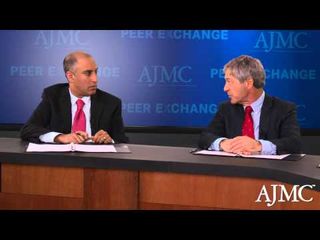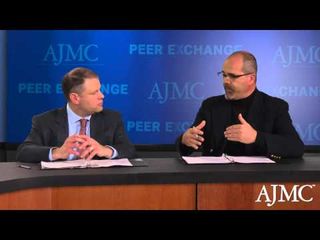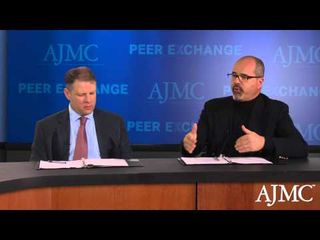
Value-Based Care
Latest News
Latest Videos

CME Content
More News
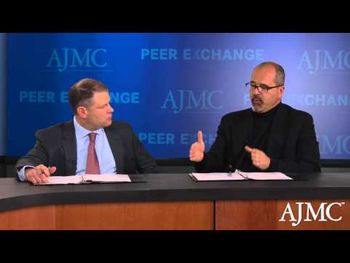



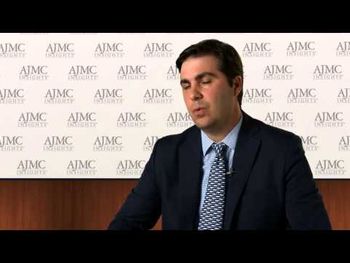











Innovative care delivery programs intended to improve quality and reduce costs need sustainable business models in order to last beyond the end of grants or other methods of time-limited funding. RAND researchers take a look at methods Massachusetts health plans and accountable care organizations are using.

To improve accountability in healthcare, physicians are continually tasked with checklists to ensure quality. But where is that leading to?

The authors discuss the success of the Pioneer ACO model and the Comprehensive Primary Care Initiative, among others. They outline an agenda that includes engaging managed care stakeholders, so that both public and private payers are moving toward value-based payment.

Coverage of the 64th Scientific Sessions of the American College of Cardiology.

The most sweeping overhaul of Medicaid regulations since 2002 is due soon. So far there are few hints at what CMS may require states to do as they award managed care contracts in an effort to better coordinate care and control costs.

The realm of cancer care remains a holdout in the movement toward value-based payment models, with implications for cost and health outcomes, according to authors of a new article in The American Journal of Managed Care. Authors from the Center for Health Policy at the Brookings Institution assert that new payment models can be adopted by all payer and provider types, with benefits over the traditional fee-for-service model.

The authors examine 4 alternative payment models for oncology care that shift away from fee-for-service and move progressively toward greater bundling, either across providers or across payments.

This week The American Journal of Managed Care launched its new Managed Markets News Network, featuring the top stories in managed care and interviews with industry experts.

At the Medical Home Summit in Philadelphia, Lisa Letourneau, MD, executive director of Maine Quality Counts, told the audience that ACOs have not had as much an impact on healthcare cost because a lot of primary care payments are still made under the old fee-for-service model.

Increased care fragmentation among chronically ill, commercially insured patients is associated with higher costs and lower quality of care.






